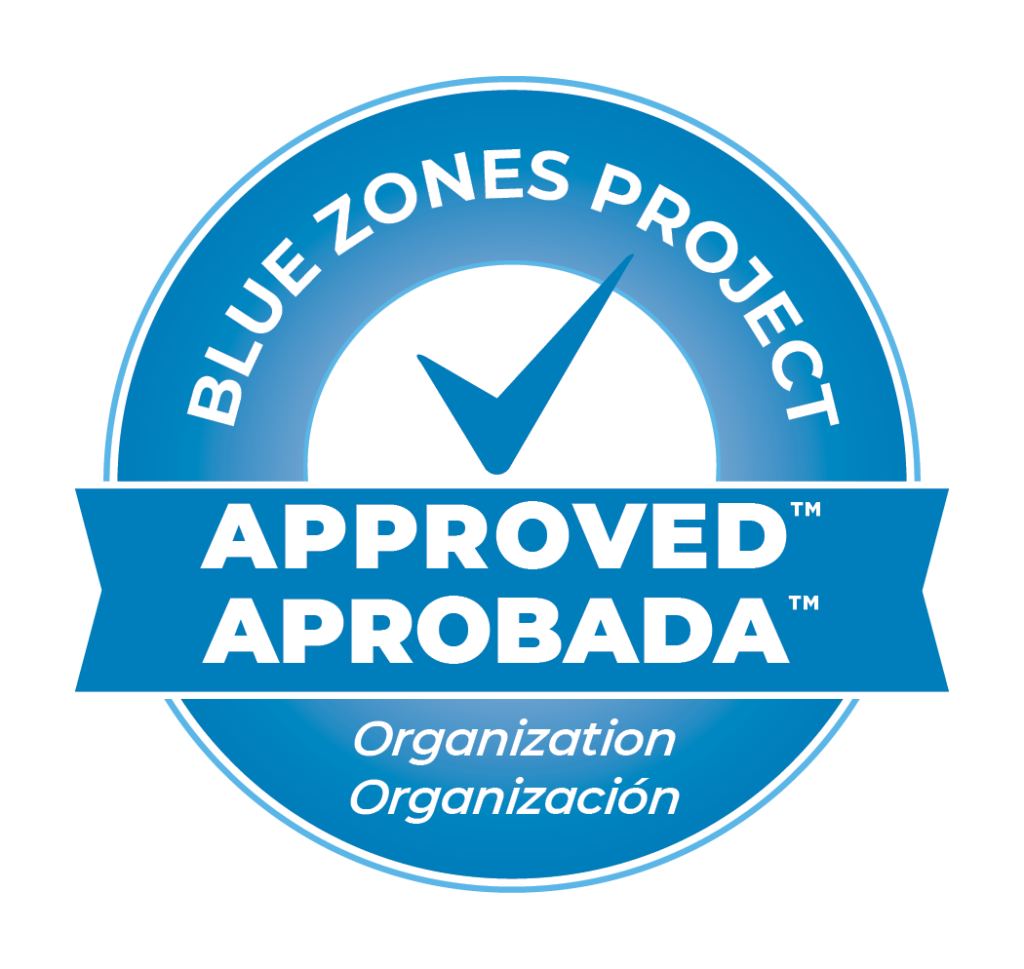[vc_row type=”in_container” full_screen_row_position=”middle” scene_position=”center” text_color=”dark” text_align=”left” overlay_strength=”0.3″ shape_divider_position=”bottom” bg_image_animation=”none”][vc_column column_padding=”no-extra-padding” column_padding_position=”all” background_color_opacity=”1″ background_hover_color_opacity=”1″ column_link_target=”_self” column_shadow=”none” column_border_radius=”none” width=”1/1″ tablet_width_inherit=”default” tablet_text_alignment=”default” phone_text_alignment=”default” column_border_width=”none” column_border_style=”solid” bg_image_animation=”none”][vc_column_text]Researchers are still trying to understand what causes mental illness. There is no one cause — it can happen due to a mix of factors including genetics, how your brain works, how you grew up, your environment, your social group, your culture and life experience.
According to healthdirect.com, some examples of these factors include:
- Genetic factors: having a close family member with a mental illness can increase the risk. However, just because one family member has a mental illness doesn’t mean that others will.
- Drug and alcohol abuse: illicit drug use can trigger a manic episode (bipolar disorder) or an episode of psychosis. Drugs such as cocaine, marijuana and amphetamines can cause paranoia.
- Other biological factors: some medical conditions or hormonal changes.
- Early life environment: negative childhood experiences such as abuse or neglect can increase the risk of some mental illnesses.
- Trauma and stress: in adulthood, traumatic life events or ongoing stress such as social isolation, domestic violence, relationship breakdown, financial or work problems can increase the risk of mental illness. Traumatic experiences such as living in a war zone can increase the risk of post-traumatic stress disorder (PTSD).
- Personality factors: some traits such as perfectionism or low self-esteem can increase the risk of depression or anxiety.
[/vc_column_text][/vc_column][/vc_row][vc_row type=”in_container” full_screen_row_position=”middle” scene_position=”center” text_color=”dark” text_align=”left” overlay_strength=”0.3″ shape_divider_position=”bottom” bg_image_animation=”none”][vc_column column_padding=”no-extra-padding” column_padding_position=”all” background_color_opacity=”1″ background_hover_color_opacity=”1″ column_link_target=”_self” column_shadow=”none” column_border_radius=”none” width=”1/1″ tablet_width_inherit=”default” tablet_text_alignment=”default” phone_text_alignment=”default” column_border_width=”none” column_border_style=”solid” bg_image_animation=”none”][nectar_btn size=”small” button_style=”see-through-2″ hover_text_color_override=”#ffffff” icon_family=”none” url=”http://interiminc.org/programs/” text=”Reach out for help” margin_right=”20″][nectar_btn size=”small” button_style=”see-through-2″ hover_text_color_override=”#ffffff” icon_family=”none” url=”https://visitor.r20.constantcontact.com/manage/optin?v=001EHs8nXD-JT8ET9I6bsb8Qz7BUNzeIGewN9M0bWPLSO1vb6KhUV168Qp6OIkP7FuOYMz2uvZ7pG0qtRtFCH3YHmXOV6JzlwCt3KQLLK0zeCzh73fspqL3b2dh7K5EHbJ1BFijmpDPcZ26_NBdCLO91OrQhUZ0n9KZr1UlDW6kbT7l-cJ3yijW0c3vcA-B2DHfoDqzMzg2VS00sNw3tvQhMro182dM8Qqwy3HFVWfPT3BHZwlpBkwT4Q%3D%3D” text=”Sign up for our newsletter”][/vc_column][/vc_row]




